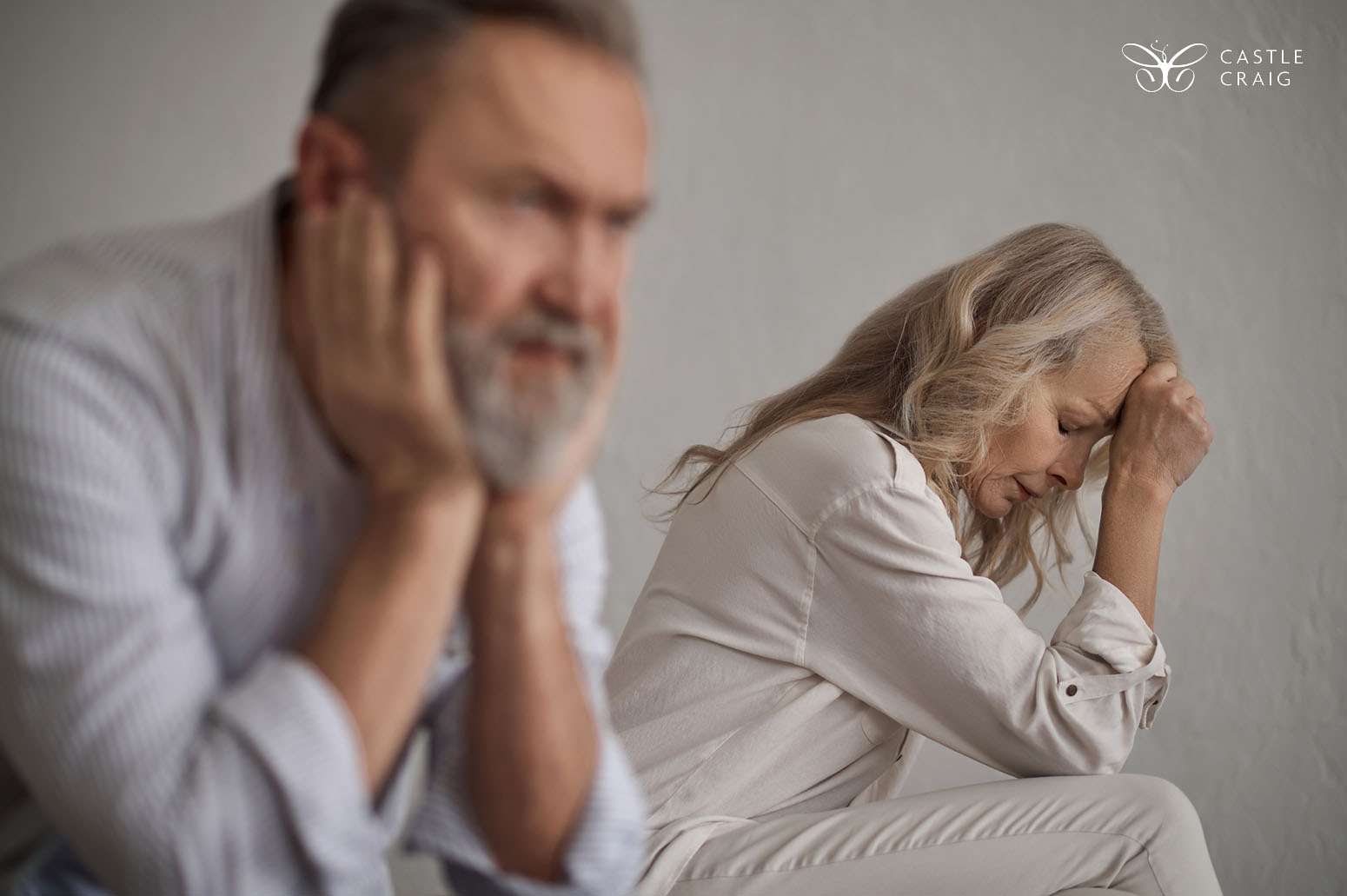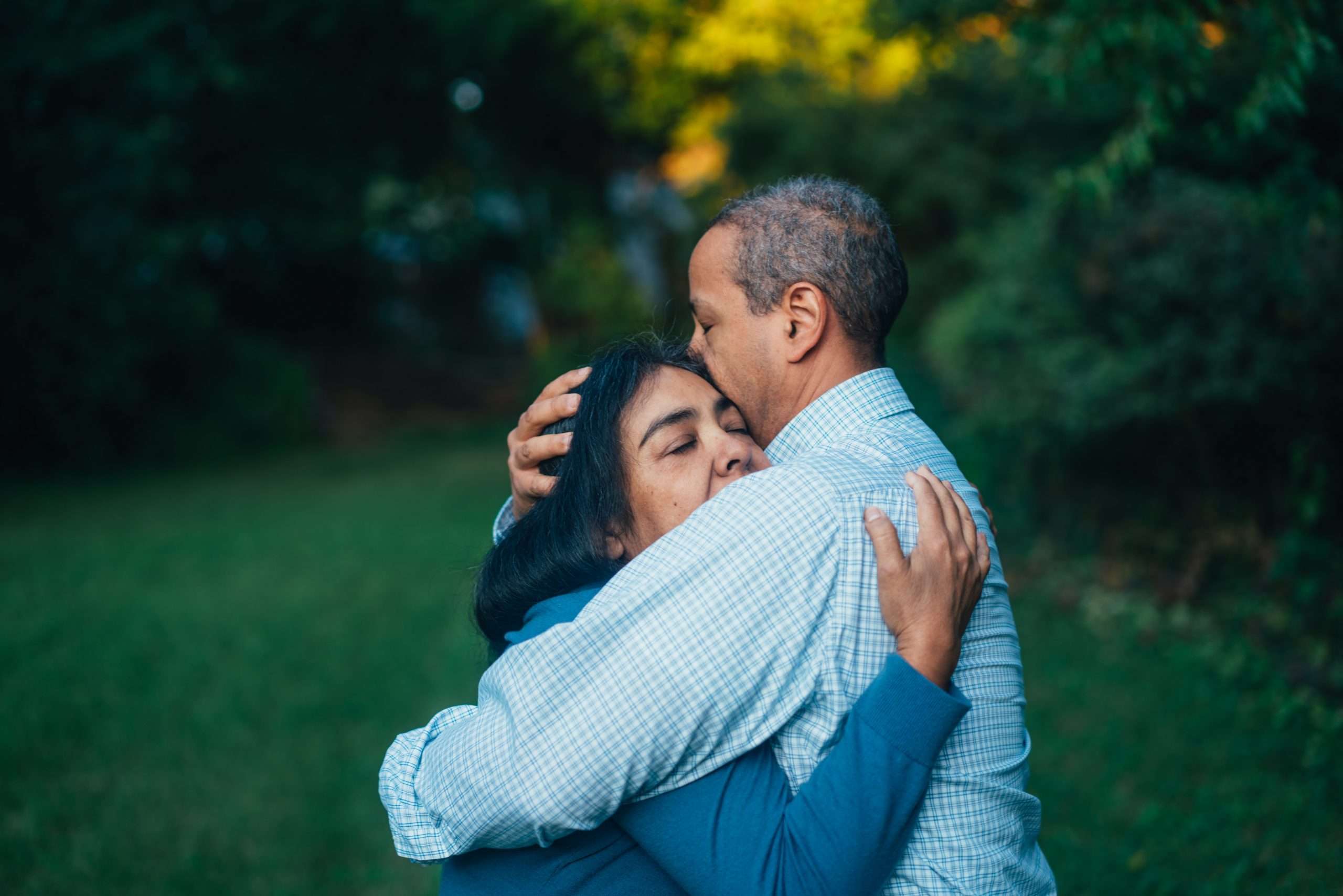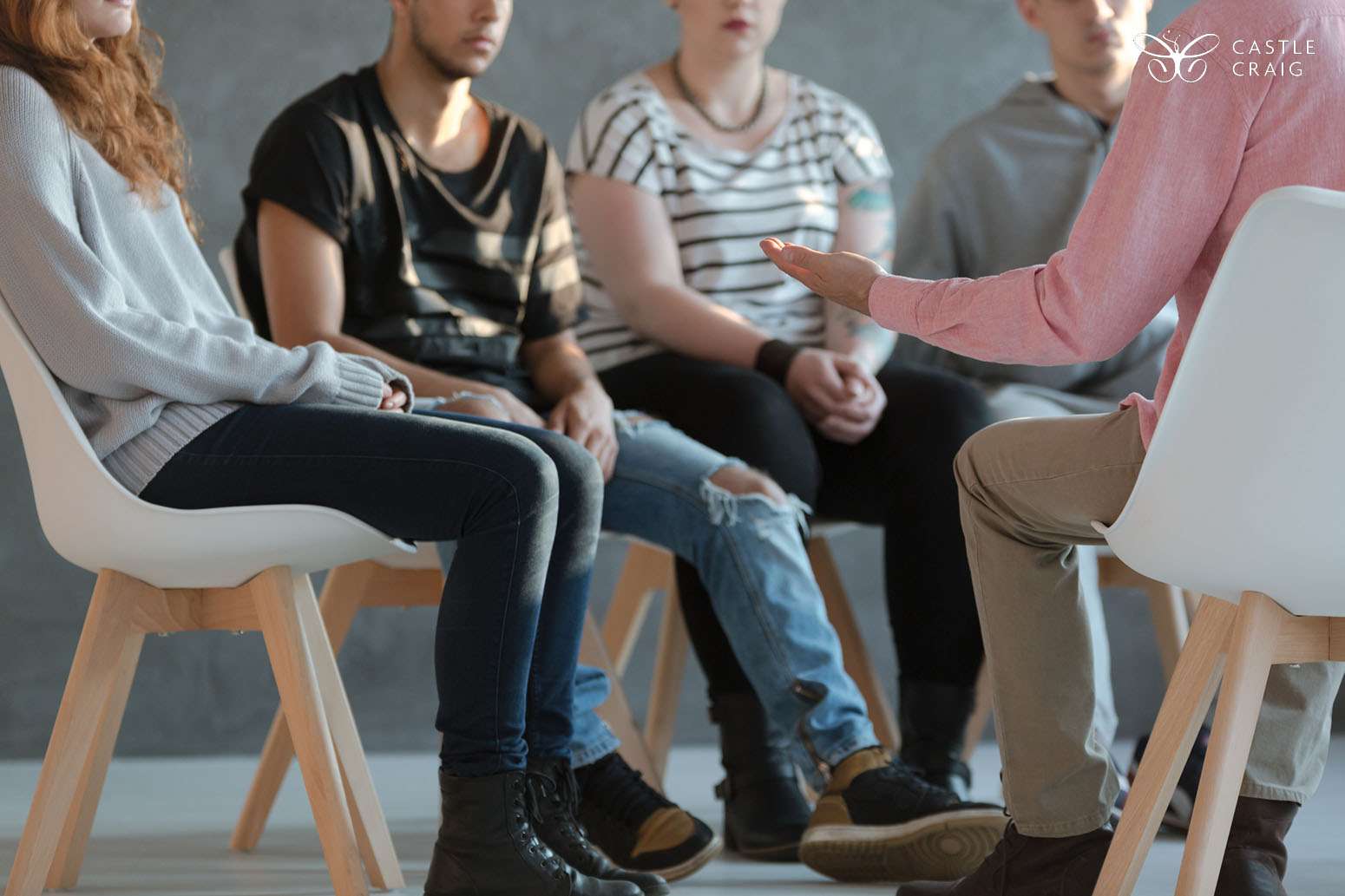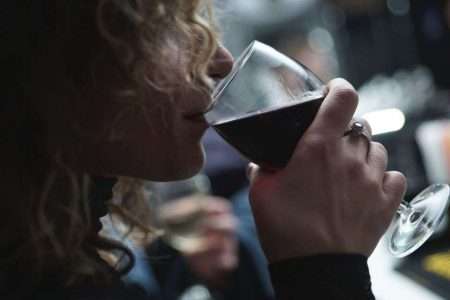‘Social Drinking’: The Hidden Risks
From celebrations to casual nights out, alcohol is nearly everywhere these days.
Rehab Costs & Options for Alcohol | Drugs | Other addictions
Social drinking, especially in the UK, is a common part of our culture.
About 57% of adults in Great Britain consume alcohol to some degree. And today, it seems almost unavoidable, especially when it comes to social gatherings.
There are many reasons why alcohol is so omnipresent. Some people use it as a social lubricant while others see it as a treat. If used responsibly and in moderation, it is not necessarily a problem.
However, social drinking can easily transform into problem drinking if one is not careful.
Defining the Social Drinker
From an official standpoint, a social drinker is someone that drinks in moderation, largely in social circumstances and rarely to the point when it causes problems.
A social drinker tends to stick to limits, be it the number of drinks or the money spent. Neither they nor their friends find their drinking habits worrisome.
However, people often have a skewed perspective skewed perception of what a social drinker really is or what “drinking in moderation” actually means.
They may think they are a social drinker because they only drink when they’re out with friends. They ignore the part where their nights always end with a binge and/or hangover.
By UK standards, a moderate drinker does not exceed 14 units a week.
Meanwhile, binge drinking is defined as having more than 6 units per sitting for women or 8 units for men. Unfortunately, a lot of people often exceed one of those two limits, and still classify themselves as “social drinkers”.
Even in moderation, alcohol can become a problem. Just because someone sees themselves as a social drinker doesn’t mean they are immune to alcohol-related problems.
Excessive consumption, even occasionally, can lead to both physical and mental complications, including addiction.
When Social Drinking Becomes a Problem
It’s a fine line between social drinking and problem drinking, and an easy one to cross.
Generally speaking, when drinks with friends become more focused on the alcohol rather than the social aspect, it is a major sign of developing dependence.
-
You Drink to be Social
If you find that you can’t function socially without a drink or two, this is a major warning sign.
While alcohol is commonly used as a social lubricant, it should not be a requirement. Make sure that you drink because you enjoy your drink, not because you want to “loosen up”.
It is even more worrisome if you start pre-drinking before a social gathering, as that is a symptom of a larger problem.
-
Your Drinking Habits Have Changed
Whether it’s peer pressure, tolerance, or a carefree attitude, increased alcohol consumption should be noted.
It is easy to get distracted when you’re drinking and socialising, but over time, that can result in you drinking larger amounts than before.
If social drinking is a regular affair for you, you may have developed a tolerance as well.
Drinking increasing amounts of alcohol raises the risks associated with it and can lead to dependence and addiction.
-
Problems Become Noticeable
If you find yourself regularly getting drunk or having hangovers, this is a sign of unhealthy behaviour. Alternatively, you might realise that your social evenings have started to cause more problems than they did before.
When others start to comment on your drinking behaviour, this is another warning sign.
The moment you or your friends start to notice the negative consequences of your drinking, it’s time to take a step back and reevaluate your habits.
-
Peer Pressure
If your friends push you to drink when you don’t want to, this is a clear sign that they may not be your real friends.
You should always reevaluate any relationship if the other person puts you in harm’s way.
How to Stop Social Drinking
Socialising doesn’t necessarily require drinking and there are plenty of ways to spend time with your friends without alcohol being involved.
If drinks have become a norm at get-togethers, it will feel difficult to turn things around.
Even partial sobriety is not easy, as it requires a change of mindset and behaviour. However, with the proper motivation, it can be done.
It may not be possible to convince everyone in your group to stop drinking, but you can still take control of your own actions. To make it easier, here are some tips that can help:
-
Do Something Different
Instead of meeting your friends at a pub, suggest alternative entertainment. Don’t be afraid to try something new.
When you’re in a group, the right activity can be more bonding than conversations over drinks.
-
Keep A Positive Attitude
When you first try to be sober in a social setting, it may feel awkward and difficult. Your friends may find it strange at first too. However, remember that the moment will pass.
People will quickly forget that you’re not drinking, and won’t care provided they have a few drinks themselves. In time, you will realise that you don’t need alcohol to have fun, and hopefully, your friends will as well.
-
Stick to the Plan
Establish your boundaries, at least with yourself, before you go out. If you’re limiting your drinking, stick to the number you decided on beforehand.
If you’re going sober, practice saying no and decide if you are going to give an explanation or not. After all, there’s nothing wrong with simply saying “I’m not drinking tonight”.
If peer pressure becomes too overwhelming, you may decide that you will give some sort of excuse, such as “I’m on a healthy regime”.
Alternatively, you may just simply leave the situation. Having a prepared plan will make things easier. Remember that it is perfectly ok for you not to be meeting other people’s expectations. That is something for them to deal with, not you.
-
Shuffle Your Social Circle
If your current friends are far too focused on drinking, consider spending more time with your more-sober friends.
Or even better, invite your less-drinking buddies along to other gatherings so you have some support. Spending time with like-minded people will help strengthen your new habits and serve as a positive influence on others.
-
Mocktails Can Be Dangerous but Being Thirsty Is Too
Mocktails and alcohol alternatives can be dangerous because they can remind you of your heavy drinking episodes and trigger cravings. However, as long as you have any drink, even water, you won’t have to explain yourself as much.
In addition, when you start having fun, you won’t notice if you’re drinking champagne or sparkling lemonade.
However, simply going thirsty is never a good idea because it makes any drink, including alcohol, harder to refuse.
How to Stop Drinking but Still Be Social
Social anxiety and any other type of anxiety can be helped by therapy.
However, anxiety, in general, can also be worsened by chronic or heavy alcohol use, so it may be worth it to spend some time being abstinent first.
When attending a social event sober, it can help to have a few tricks up your sleeve to get started. Once the fun begins, the tension will ease and everyone (even you) will forget who is or isn’t drinking. After a few events, you will also build confidence and realise that you can stop drinking and still be social.
-
Keep Good Company
If you’re shy to start a conversation, ask a friend to introduce you to people or break the ice. Having someone to support you will also prevent you from reaching for a drink when you feel stressed.
-
Planning is Key
Read up on the latest headlines and memorise a few conversation starters before an event. Think if there are any funny anecdotes or pictures that you can share a good story will captivate everyone’s interest. If nothing else, giving a [genuine] compliment can spark a few minutes of chit-chat.
However, to begin with, it may be helpful to have an exit strategy ready in case it all becomes too much. This might consist of having somebody to phone after a short time at the gathering, or if you feel you need support or even rescue. After all, you don’t want to torture yourself and extreme anxiety can become quite traumatic, so it’s best to start with short sessions.
-
Looks, Matter
You’ll feel more confident if you feel better about yourself, so dress in a way that makes you comfortable with yourself. Feeling comfortable will instantly make you more social and extroverted. Clothing and accessories, such as a statement necklace or funny t-shirt, can also be great conversation starters.
When to Seek Help
It may take time to get used to not drinking but it can be done. However, if you find that your or your friends’ drinking habits are getting out of hand, it may be time to reevaluate whether your social drinking is actually social drinking.
If you find yourself reaching for a drink to ease social anxiety, you need to address that aspect as well as your drinking habits.
Quitting alcohol without dealing with underlying issues will be likely to lead you back to drinking or push you to pursue other anxiety-relieving substances.
Social anxiety can be linked to low self-esteem and the best way to work on this is simply to face reality and take sensible steps to deal with the situation rather than setting impossible challenges for yourself.
Don’t be afraid to speak up to your friends if you’re concerned. Alternatively, it can help to talk to a counsellor or attend an AA meeting to put things in perspective.
Time flies when you’re having fun, but fun can easily turn into something else if you’re not careful.
Get in touch today
To find out how we can help you please telephone Castle Craig on our 24-Hour Helpline: 01721 728118 or click here to arrange a free addiction assessment or here for more information.
You’re almost there.






